Genetics
-
 Genetics
GeneticsHorse version of ‘Who’s your daddy?’ answered
Genetics and horse pedigrees reveal all modern domestic stallions’ sires.
-
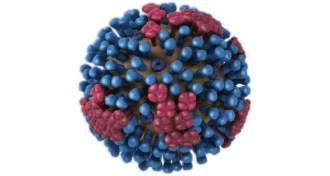 Life
LifeChronic flu patients could be an early warning system for future outbreaks
Cancer patients’ long-term flu infections may preview future viruses.
-
 Genetics
GeneticsDNA reveals how cats achieved world domination
Analysis of 9,000 years of cat remains suggests two waves of migration
-
 Animals
AnimalsFacial recognition changes a wasp’s brain
A new study maps genes at play in a paper wasp’s brain during facial recognition.
-
 Life
LifeHow bearded dragons switch their sex
RNA editing might affect reptile sex determination at temperature extremes.
-
 Climate
ClimateReaders question climate’s freshwater effects
Warming lakes, windmills for the Arctic, mosquito control and more in reader feedback.
-
 Life
LifeAncient DNA shakes up the elephant family tree
DNA from straight-tusked elephant fossils is forcing scientists to reconsider the history of elephant evolution.
-
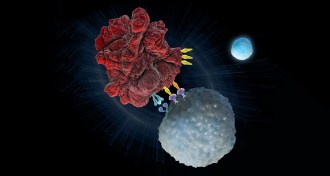 Health & Medicine
Health & MedicineTherapy flags DNA typos to rev cancer-fighting T cells
Genetic tests help identify cancer patients who will benefit from immune therapy.
-
 Genetics
GeneticsMummy DNA unveils the history of ancient Egyptian hookups
A study of DNA extracted from Egyptian mummies untangles ancient ancestry and attempts to resolve quality issues.
-
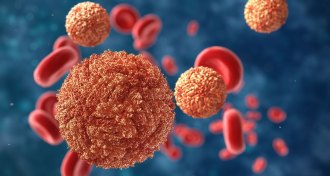 Genetics
GeneticsThe Zika epidemic began long before anyone noticed
Zika spread undetected into Brazil and Florida, a genetic study suggests.
By Laura Beil -
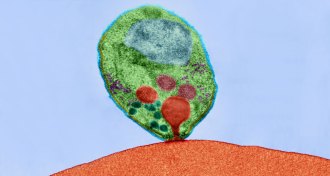 Genetics
GeneticsHybrid protein offers malaria protection
Rare hybrid protein that spans red blood cell membranes offers some protection against malaria.
-
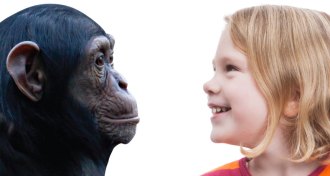 Genetics
GeneticsJumping genes play a big role in what makes us human
Jumping genes have been a powerful force in human evolution.